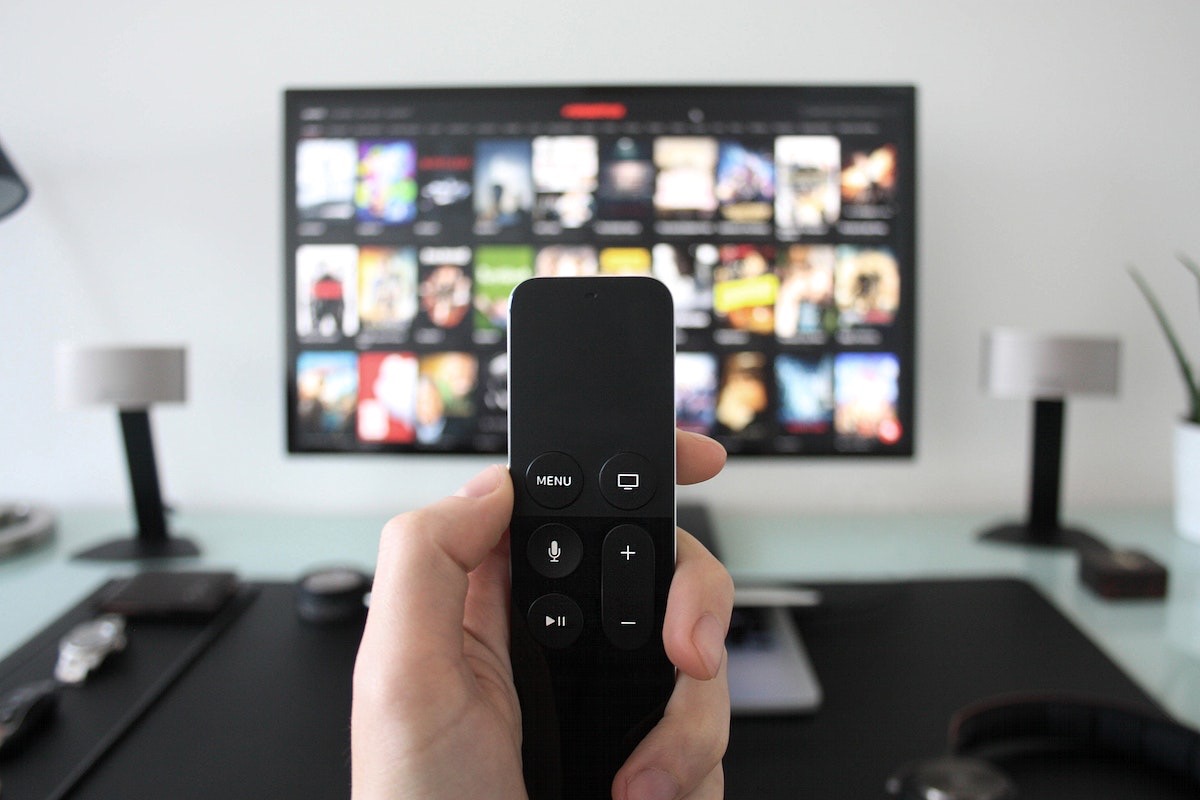The Hollywood strikes bring light to the discrepancy in media consumption and supply in the digital age

In the age of short form media, lapsed attention spans and an infinite amount of knowledge at your fingertips, Hollywood isn’t keeping up. The writers' strike, which began in May and was joined by the SAG-AFTRA actors’ unions in July has halted production of basically everything for the time being, with no end in sight. Variety’s Jennifer Maas reports that “even without the strike-induced disruption to the content pipeline, the volume of scripted series orders is expected to drop by double-digit percentages in the coming years.”
Someone can scroll on TikTok and see an endless amount of 10 second clips for hours on end, yet in a short time it will be hard to watch anything new in the film or TV world. Beloved shows like Netflix’s “Stranger Things'' and HBO’s “Euphoria” face a unique problem — the actors are getting too old between seasons for the show to be believable. “Stranger Things” premeried on Netflix in 2016 and has had four seasons and 34 episodes in its 7 years of existence. Compared to older cable TV dramas, it is a laughable lack of content.
Take a show like “Suits,” which aired 134 episodes in the 8 years it ran. Thanks to Netflix’s recommendation algorithm and a hunger for a long episodic drama, it has been introduced to many new viewers, myself included. NPR TV critic Eric Deggans described it as “comfort food at a time when the industry is about as turbulent as it’s ever been.”
While “Suits” may be an abundance of comfort food; theoretically, viewers are not starved. With streaming, you can pay for as much as you want to access.
In a way, the multitude of streaming platforms resembles the idea of multiple channels. My dad used to pay for special channels like Showtime for his boxing matches, now I pay for — or in my case sign up for a one week free trial of — Apple TV for “Severance.”
Another change from a few years ago is binge watching is out and weekly shows are in. Netflix and other streaming platforms no longer drop entire seasons at once. The Guardian’s Gwilym Mumford argues that “the model’s fatal flaw, as many have pointed out, is its inability to replicate the ‘water-cooler’ feel of weekly appointment TV.”
Mumford’s analysis gets to deeper dispute over what the core of TV is supposed to be. Is it meant to be a bonding activity for fans or is it supposed to be for me to stay in and watch episode after episode of “Suits” alone in my apartment?
Staying up past my bedtime in elementary school to watch “Dancing with the Stars” on channel 5 at 8 p.m. is really not that different from tuning in to “Succession” on Max every Sunday at 9. Streaming promised a radical change in television consumption, but that is no longer the case. Culture, fashion and music are cyclical in nature, recent disruption illustrates that the entertainment industry is as well.
Post a comment